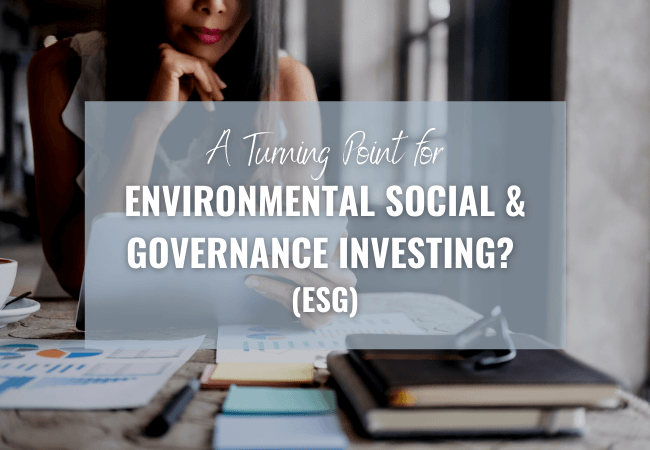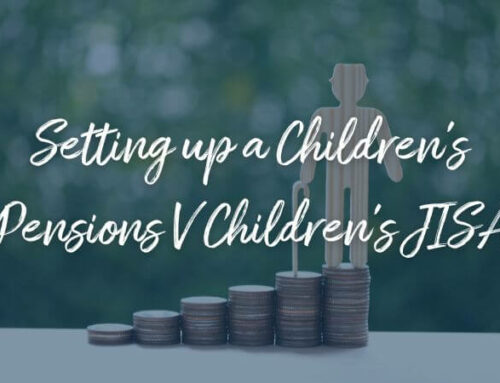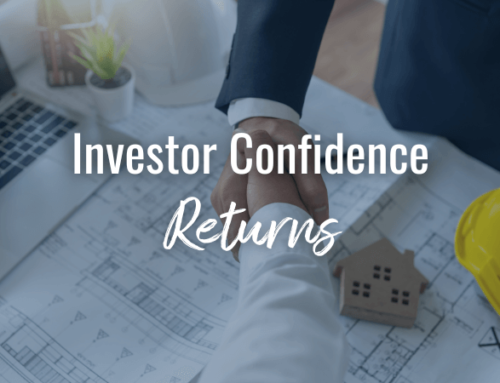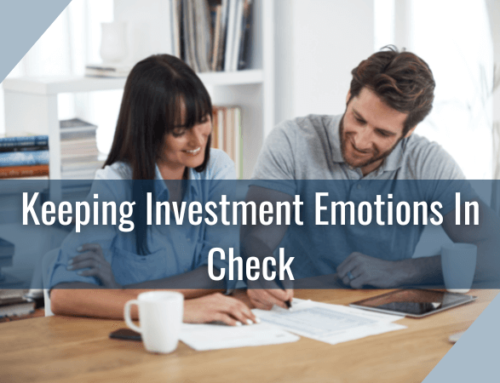Investing according to environmental, social and governance principles (ESG) has been a fast growth area, according to figures*, UK-based ESG funds saw record inflows between March and July 2020, with £362m invested in July alone.
What is ESG?
The acronym, ESG, refers to three key factors used by investment companies to evaluate corporate behaviour:
• Environmental criteria – carbon emissions, waste management and air/water pollution
• Social criteria –human rights, labour standards and data security
• Governance – board diversity, business ethics and executive remuneration.
By assessing these factors, investment companies measure the sustainability and ethical impact of an investment. ESG has developed from Ethical Investing using positive screening to be a focus for individual companies, countries and therefore for investors.
Risk and performance
In the early days of sustainable and ethical investing there was a perception that investors were putting principles before profit, with such investments generally considered to be higher risk than their traditional counterparts. Nowadays, with a much wider choice of ESG products available, this style of investing is capable of generating long-term stable and sustainable returns.
A matter of principle
Selecting investments based on ESG principles offers no guarantee of performance but, as part of a diversified portfolio, they can allow you to make a positive impact without having to give up on the hope of good returns.
Looking for Investment Advice?
As highly experienced independent financial advisers, Clifford Osborne always offer clients a free initial financial review, with no obligation. We’re based in Eastbourne, East Sussex, and at the moment (during the pandemic) offering online meetings.
We have been successfully carrying out meetings online with clients across the South East including Uckfield, Lewes, Brighton, Tunbridge Wells, Hastings, Bexhill, Newhaven, Seaford, Crowborough and further afield.
Read more financial advice in our blog.
Please read our VoucherFor reviews here.
The value of investments can go down as well as up and you may not get back the full amount you invested. The past is not a guide to future performance and past performance may not necessarily be repeated.
It is important to take professional advice before making any decision relating to your personal finances. Information within this blog is based on our current understanding of taxation and can be subject to change in future.
It does not provide individual tailored investment advice and is for guidance only. Some rules may vary in different parts of the UK; please ask for details. We cannot assume legal liability for any errors or omissions it might contain. Levels and bases of, and reliefs from, taxation are those currently applying or proposed and are subject to change; their value depends on the individual circumstances of the investor.
The value of investments can go down as well as up and you may not get back the full amount you invested. The past is not a guide to future performance and past performance may not necessarily be repeated.
If you withdraw from an investment in the early years, you may not get back the full amount you invested. Changes in the rates of exchange may have an adverse effect on the value or price of an investment in sterling terms if it is denominated in a foreign currency. Taxation depends on individual circumstances as well as tax law and HMRC practice which can change.
The information contained within the blog is for information purposes only and does not constitute financial advice.
The purpose of the blog is to provide technical and general guidance and should not be interpreted as a personal recommendation or advice.
*Reuters, 2020






